Egypt’s energy sector is undergoing a pivotal transformation this year, as the world grapples with the complexities of energy transitions.
With a burgeoning population and a dynamic economy, Egypt’s energy demands are surging. As a result, the north African country is responding with a robust energy policy reform programme that aims to balance growth with sustainability.
Renewable energy’s rise
Egypt’s government is pushing aggressively for renewable energy sources to make up 40% of its electricity by 2035, a move that has spurred growth in solar and wind investments.
The Benban Solar Park, extending over 37 square kilometres near the desert road between Aswan and Cairo, is a cornerstone of this policy push. Launched in 2018 with the commissioning of its first photovoltaic plant, the park is one of the largest in the world and a critical component of the Egyptian New and Renewable Energy Authority’s plan to bolster the renewable energy share in the electricity mix.
Its contribution is not just in megawatts; it’s also propping up the country’s efforts to reduce carbon emissions, cutting down two million tonnes per year in CO2e emissions.
Oil and gas still key
Despite the renewable surge, oil and gas remain central to Egypt’s growing energy sector.
With an estimated market size of USD 7.48 billion and a projected growth to USD 8.68 billion by 2029, the sector is poised for a compound annual growth rate (CAGR) of 3.01% over the next five years, according to Mordor Intelligence. This growth is fueled by 52 new discoveries, including 39 crude oil and 13 gas discoveries across the Western Desert, Gulf of Suez, and the Mediterranean. These discoveries are expected to bolster Egypt’s production capacity, ensuring a steady supply for domestic consumption and export.
The Egypt Energy Show (EGYPS 2024), held last February, themed “Driving Energy Transition, Security, and Decarbonization,” underscored Egypt’s ascending role in the global energy landscape.
At the event, President Abdel-Fattah El-Sisi highlighted the nation’s decade-long efforts to expand its natural gas network, connecting 15 million households and enabling 60 percent of residential units to utilize natural gas. This initiative, while demanding considerable resources, marks a significant stride towards energy security and sustainability and is one that many wish to replicate in sub-Saharan Africa.
In a notable meeting with BP CEO Murray Auchincloss during EGYPS 2024, President El-Sisi commended BP’s significant contributions and expanding investments in Egypt’s oil and gas sector. The president’s acknowledgment of BP’s alignment with Egypt’s strategic goal to become a regional hub for energy production and trade reaffirms the nation’s trajectory towards an integrated energy future.
Looking ahead
As Egypt navigates the complexities of energy demand, market dynamics, and environmental imperatives, its energy sector is emerging as a model of resilience and innovation.
The nation’s energy narrative in 2024 is not just about meeting immediate needs but also about setting a sustainable course for the future, with the Benban Solar Park and the expansion of the natural gas network as exemplars of this vision.
Egypt’s energy sector, buoyed by strategic partnerships and policy reforms, is on a steadfast path to becoming a pivotal player in the regional and global energy markets.
For more industry news and the latest reports sign up to our monthly newsletter:
Renewable energy’s rise
Egypt’s government is pushing aggressively for renewable energy sources to make up 40% of its electricity by 2035, a move that has spurred growth in solar and wind investments.
The Benban Solar Park, extending over 37 square kilometres near the desert road between Aswan and Cairo, is a cornerstone of this policy push. Launched in 2018 with the commissioning of its first photovoltaic plant, the park is one of the largest in the world and a critical component of the Egyptian New and Renewable Energy Authority’s plan to bolster the renewable energy share in the electricity mix.
Its contribution is not just in megawatts; it’s also propping up the country’s efforts to reduce carbon emissions, cutting down two million tonnes per year in CO2e emissions.
Oil and gas still key
Despite the renewable surge, oil and gas remain central to Egypt’s growing energy sector.
With an estimated market size of USD 7.48 billion and a projected growth to USD 8.68 billion by 2029, the sector is poised for a compound annual growth rate (CAGR) of 3.01% over the next five years, according to Mordor Intelligence. This growth is fueled by 52 new discoveries, including 39 crude oil and 13 gas discoveries across the Western Desert, Gulf of Suez, and the Mediterranean. These discoveries are expected to bolster Egypt’s production capacity, ensuring a steady supply for domestic consumption and export.
The Egypt Energy Show (EGYPS 2024), held last February, themed “Driving Energy Transition, Security, and Decarbonization,” underscored Egypt’s ascending role in the global energy landscape.
At the event, President Abdel-Fattah El-Sisi highlighted the nation’s decade-long efforts to expand its natural gas network, connecting 15 million households and enabling 60 percent of residential units to utilize natural gas. This initiative, while demanding considerable resources, marks a significant stride towards energy security and sustainability and is one that many wish to replicate in sub-Saharan Africa.
In a notable meeting with BP CEO Murray Auchincloss during EGYPS 2024, President El-Sisi commended BP’s significant contributions and expanding investments in Egypt’s oil and gas sector. The president’s acknowledgment of BP’s alignment with Egypt’s strategic goal to become a regional hub for energy production and trade reaffirms the nation’s trajectory towards an integrated energy future.
Looking ahead
As Egypt navigates the complexities of energy demand, market dynamics, and environmental imperatives, its energy sector is emerging as a model of resilience and innovation.
The nation’s energy narrative in 2024 is not just about meeting immediate needs but also about setting a sustainable course for the future, with the Benban Solar Park and the expansion of the natural gas network as exemplars of this vision.
Egypt’s energy sector, buoyed by strategic partnerships and policy reforms, is on a steadfast path to becoming a pivotal player in the regional and global energy markets.
For more industry news and the latest reports sign up to our monthly newsletter:






_weblogo_2.png?ext=.png)
















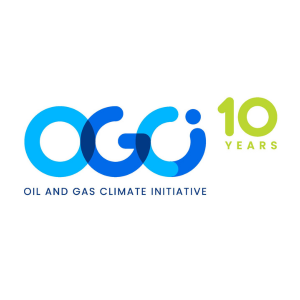




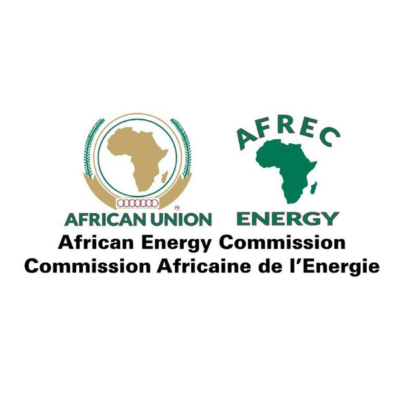
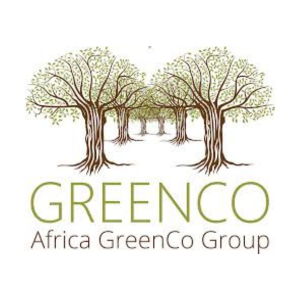
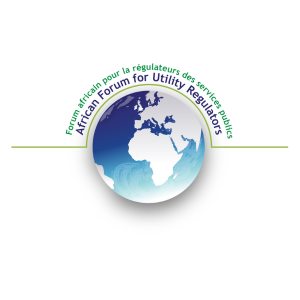









.jpg?ext=.jpg)
